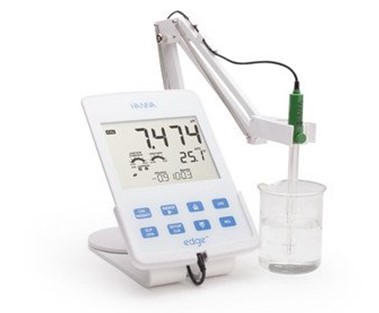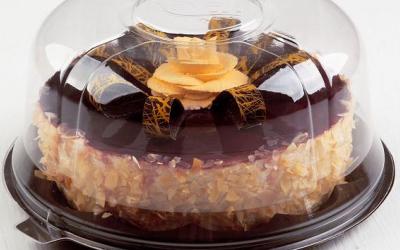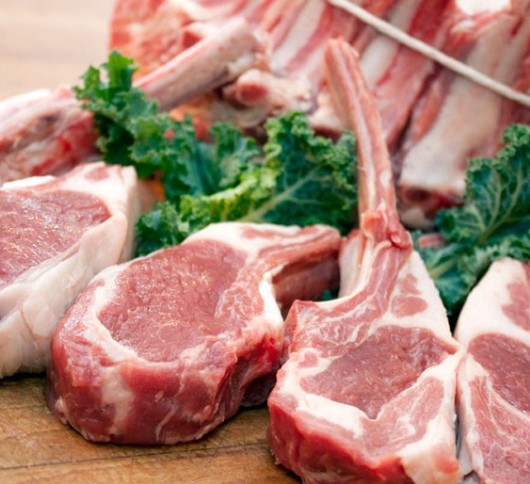Mint and geranium significantly improved the quality of chicken eggs

Korean scientists tested how common wild plants can be used in poultry farming to improve egg quality
“Eggs are considered a “miracle food” because they contain about 40 proteins, including antihypertensive and bactericidal proteins, 18 different amino acids, including nine essential amino acids, a stable amino acid composition, an optimal ratio of saturated and unsaturated fatty acids, and no carbohydrates or trans fats.
As such, eggs are recognized as the reference protein for humans and have the same biological value as breast milk .
World production of table eggs has increased by 24.4% over the past decade, reaching production of up to 76.7 million tonnes in 2018, and this figure is expected to rise further due to the high demand for animal protein.
High demand has created a need for intensive poultry farming, leading to increased disease, chronic stress and reduced productivity in laying hens.
Over the past decades, antibiotics have been regularly included in poultry diets to improve productivity and prevent diseases and ultimately produce safe and quality eggs.
On the other hand, the poultry industry faces a ban on the subtherapeutic use of antibiotics as growth promoters due to the development of drug-resistant bacteria in humans. This led to the search for biologically active compounds that could serve as effective substitutes for antibiotics.
Bioactive compounds derived from plants look like an attractive alternative.
Field mint (Mentha arvensis) is a plant of the Lamiaceae family that is widely used in herbal medicine. Bioactive compounds include menthol, isomenthol, neomenthol, p-cymene, d-menthone, eugenol, and cineole, and are responsible for phytochemical properties including increased appetite, immune system activation, and antibacterial and antioxidant properties.
Thunberg's geranium (Geranium thunbergii) is a perennial from the Geraniaceae family, found in China, Korea and Japan. The main biologically active components of this plant are citronellol, isomenthon and geranium, which have anti-inflammatory, antibacterial, antioxidant, hypotensive and antifungal effects.
Despite the beneficial effects of both plants, there is very little research on their use in animal diets. Previous studies have evaluated the effect of plant extracts on broiler and pig performance and meat quality.
Thus, this study examined whether the inclusion of plant extracts of mint and geranium in drinking water would improve egg production, egg quality, egg cholesterol levels, and immune parameters in laying hens.
Ninety-six 28-week-old Hy-Line Brown layers were randomly divided into four dietary regimens over a period of 16 weeks.
Extracts of MA (field mint) and GT (geranium Thunberg) were prepared using 100 g of leaves and 5 L of distilled water. The mixture was kept at room temperature for 2 h with occasional shaking. The same method was repeated to extract 2 kg of dried leaves, after which the samples were filtered with filter paper. Extracts were added to drinking water, which was provided (as well as food) in unlimited quantities.
The groups divided: (1) control (0% MA: GT), (2) T1 (0.01% 1 MA: 1 GT), (3) T2 (0.05% 1 MA: 1GT) and (4) T3 (0.1% 1 MA: 1 GT).
In addition to fixing egg quality parameters, at the end of the experiment, three birds per replication were randomly selected for the detection of immunoglobulins (IgG and IgA) and cytokines, i.e. interleukin 6 (IL-6) and tumor necrosis factor (TNFα). Ammonia emission concentrations were also measured by collecting a 300 g excrement sample from the bottom tray of each duplicate cage into a zippered plastic bag.
Egg production has increased significantly with the increase in MA and GT levels.
Egg weight was increased in the T2 group and feed intake was highest in T2 and T3 (p<0.05).
The content of cholesterol in the yolk was significantly lower (p<0.05) in T2 and T3. On the other hand, there were no significant differences in the immediate composition of the egg.
Birds treated with plant extracts showed significant increases in serum interleukin 6 (IL-6), tumor necrosis factor (TNFα), and immunoglobulins (IgG and IgA) compared to controls.
On average, T2 and T3 showed significantly lower ( p < 0.05) concentrations of NH 3 gas from the litter compared to controls.
Conclusion: The study suggests that spearmint and geranium supplementation may improve egg production, egg quality, and bird immunity, as well as reduce egg yolk cholesterol in a dose-dependent manner.”





















































